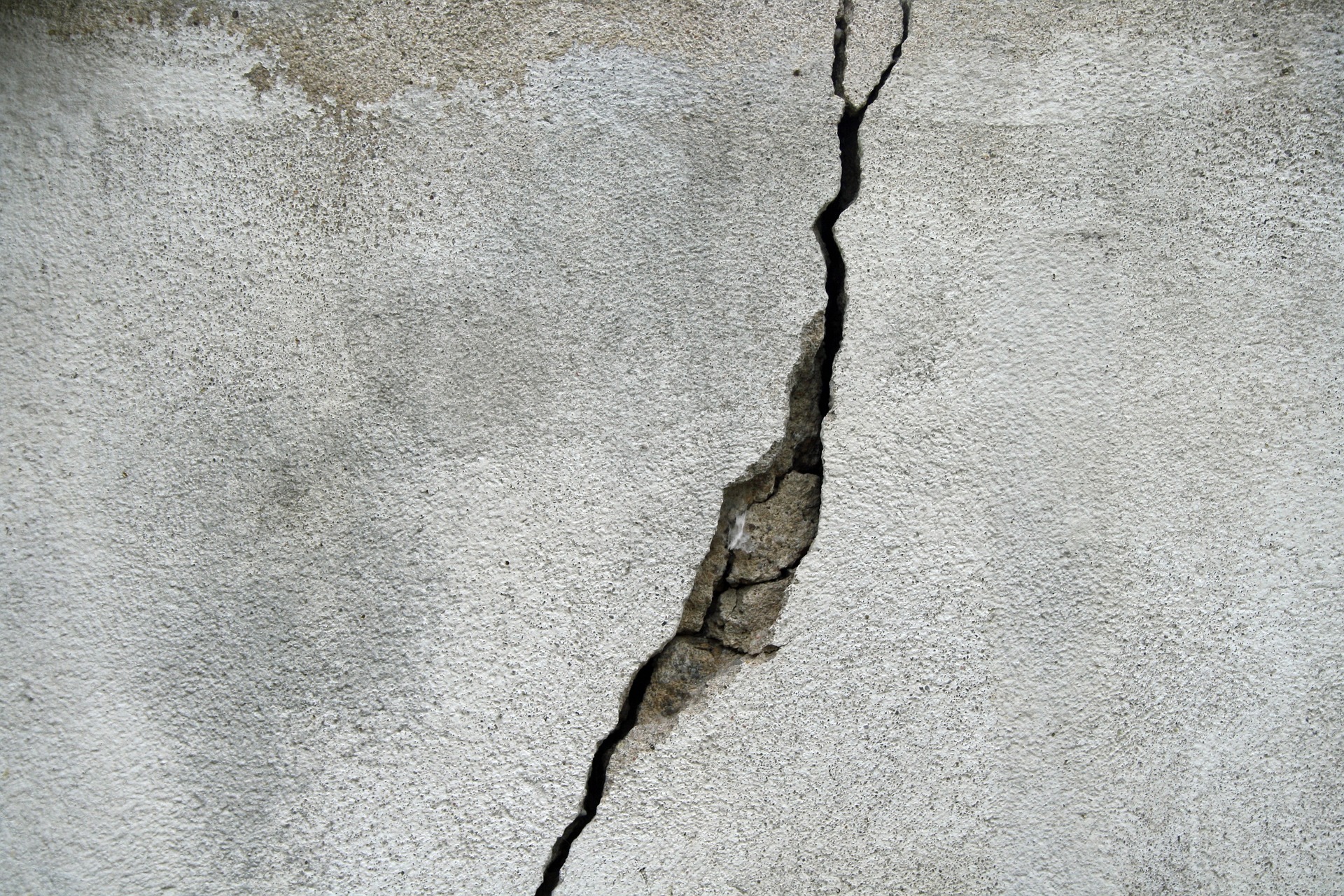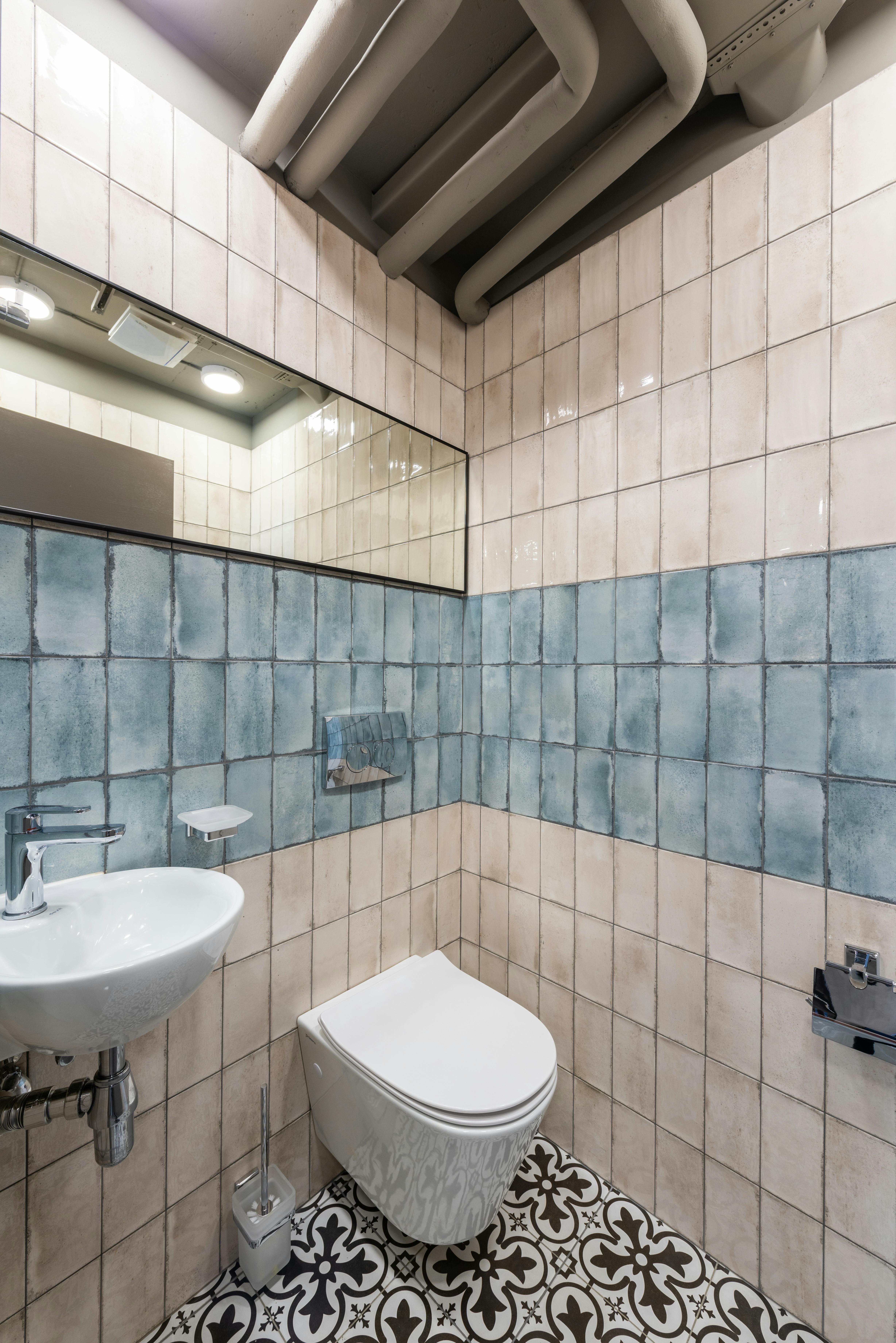Understanding Basement Waterproofing: Solutions for a Dry, Healthy Home
Waterproofing a basement involves applying barriers and drainage solutions to limit water intrusion. Careful planning and professional guidance can help maintain a dry, functional space, protect belongings, and support overall home maintenance and comfort.

Common Signs of Basement Water Problems
Water issues in basements rarely appear without warning signs. Identifying these indicators early can prevent extensive damage and costly repairs. Look for water stains or dampness on walls and floors, visible mold or mildew, musty odors, efflorescence (white, powdery mineral deposits), and cracks in foundation walls. Additional warning signs include warped or damaged flooring, rusting in metal objects stored in the basement, deteriorating paint or wall coverings, and increased humidity levels. These symptoms typically worsen during or after heavy rainfall, indicating the need for professional assessment and waterproofing solutions.
Basement Waterproofing Methods and Techniques
Effective basement waterproofing typically involves multiple approaches working together as a comprehensive system. Interior waterproofing methods include applying waterproof coatings and sealants to interior walls, installing interior drainage systems like French drains, and using sump pumps to collect and redirect water away from the foundation. Exterior waterproofing techniques focus on preventing water from reaching foundation walls through exterior membrane barriers, exterior drainage systems, and proper landscape grading that directs water away from the home. Additionally, foundation crack repairs using epoxy or polyurethane injections seal existing entry points for moisture. Dehumidification systems complement these methods by controlling indoor humidity levels, particularly in areas with persistent dampness.
Professional Basement Waterproofing Contractors: What to Expect
Hiring qualified basement waterproofing contractors involves understanding their assessment process and service delivery. Professional contractors begin with a thorough inspection to identify water sources and damage extent. This assessment typically includes checking exterior drainage, foundation condition, and interior moisture levels. After diagnosis, reputable contractors provide detailed written estimates outlining recommended solutions, materials, warranties, timeframes, and costs. During implementation, professionals manage permits, follow building codes, and coordinate with other tradespeople as needed. The waterproofing process may require excavation around foundations, installation of drainage systems, application of waterproofing materials, and restoration of affected areas. Homeowners should expect contractors to maintain clear communication throughout the project and provide documentation of completed work.
DIY vs. Professional Basement Waterproofing Solutions for Homes
While some basement waterproofing tasks can be handled by homeowners, others require professional expertise. DIY-appropriate projects include minor crack sealing, applying interior waterproof paint, improving gutter systems, and simple grading improvements around the foundation. However, professional intervention becomes necessary for substantial foundation cracks, extensive water infiltration, installation of drainage systems, exterior waterproofing membrane application, and structural issues. When deciding between DIY and professional services, consider project complexity, required equipment, personal skill level, safety considerations, and long-term effectiveness. Many homeowners find that combining DIY maintenance with professional installation of major waterproofing systems provides the most cost-effective solution for long-term basement protection.
Prevention and Maintenance: Keeping Your Basement Dry
Maintaining a waterproofed basement requires ongoing vigilance and regular maintenance. Key preventive measures include regular inspection of foundation walls for new cracks or deterioration, clearing gutters and downspouts seasonally, maintaining proper soil grading around the foundation, and testing sump pumps quarterly. Installing and maintaining battery backups for sump pumps ensures continued protection during power outages. Homeowners should also monitor indoor humidity levels, ideally keeping basement humidity between 30-50% to prevent condensation issues. Additionally, inspecting and maintaining exterior waterproofing elements, particularly after extreme weather events, helps identify potential issues before they cause significant damage. These routine maintenance tasks significantly extend the effectiveness of waterproofing systems and protect the home investment.
Cost Considerations for Basement Waterproofing Projects
Basement waterproofing costs vary significantly based on method, home size, and problem severity. Interior waterproofing generally ranges from $500-$5,000, with basic sealants and coatings at the lower end and complete interior drainage systems with sump pump installation at the higher end. Exterior waterproofing typically costs between $8,000-$15,000 due to extensive excavation requirements. Foundation crack repairs typically range from $300-$800 per crack depending on severity and technique used. Full-perimeter waterproofing systems combining interior and exterior methods for comprehensive protection typically range from $15,000-$30,000 for average-sized homes.
| Waterproofing Method | Average Cost Range | Typical Lifespan | Best For |
|---|---|---|---|
| Interior Sealants/Coatings | $500-$2,000 | 2-5 years | Minor dampness, humidity control |
| Interior Drainage System | $2,000-$5,000 | 20+ years | Active water seepage, existing water issues |
| Exterior Membrane Application | $8,000-$15,000 | 20-30 years | Prevention, new construction, severe water problems |
| Crack Injection Repair | $300-$800 per crack | 5-10 years | Isolated foundation cracks |
| Complete Waterproofing System | $15,000-$30,000 | 30+ years | Severe water issues, finished basements |
Prices, rates, or cost estimates mentioned in this article are based on the latest available information but may change over time. Independent research is advised before making financial decisions.
Basement waterproofing represents a significant home improvement investment that protects structural integrity and indoor air quality while creating usable living space. By understanding the various waterproofing methods, knowing when to hire professionals versus tackling DIY projects, and implementing regular maintenance practices, homeowners can effectively manage moisture issues and protect their property from water damage. The right approach to basement waterproofing ultimately depends on the specific conditions of the home, severity of water problems, and budget considerations.




